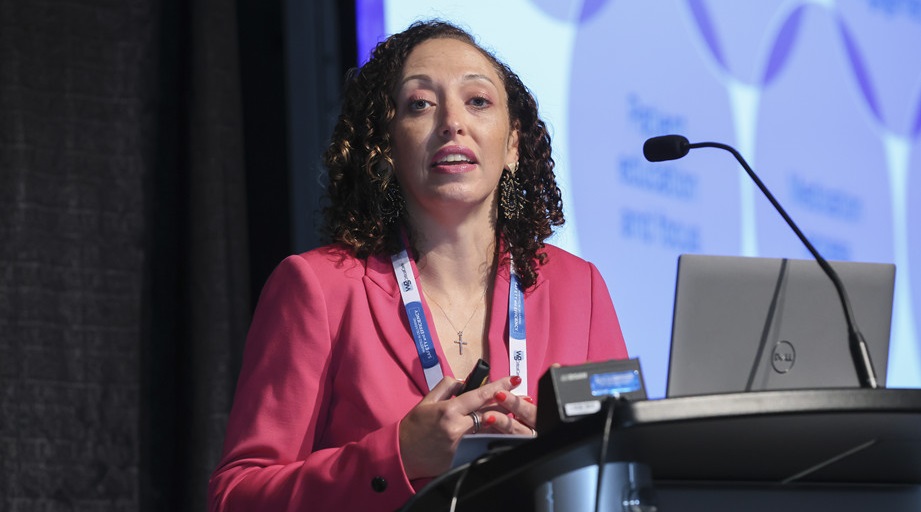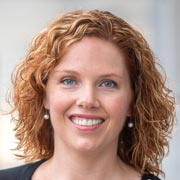
The growing number of community-based residency programs can open pharmacy graduates' eyes to all the possibilities of the profession — and open doors to a multitude of professional career pathways. Let’s Remove the Mask: Shining Light on Community-Based Pharmacy Residency Programs, held at the ASHP Midyear Clinical Meeting & Exhibition in New Orleans, Louisiana, sought to dispel misconceptions and generate interest in this emerging practice model.
“Community pharmacy is not simply putting pills in bottles all day,” said Amanda Place, an ambulatory care clinical pharmacy specialist with Ascension St. Vincent Hospital in Indianapolis, Indiana. “It’s the practice of connecting with people where they are … so they are better tomorrow than they were today.”
In the Dec. 8 session, Place and her co-presenters shared their real-life experiences to help attendees compare residency programs in ambulatory, community pharmacy, and specialty pharmacy practices.The need for community-based pharmacy practitioners is greater than ever as health systems look to increase patient access to care and preventive services, improve health equity and literacy, reduce hospital readmissions, and more. As of 2024, about 13% of ASHP-accredited postgraduate year 1 (PGY1) residencies are community-based pharmacy programs.
Courtney Isom painted a picture of the PGY1 residency program she founded at Cone Health Community Pharmacy at Wendover Medical Center in Greensboro, North Carolina, which serves a large population of uninsured patients. Residents in her program are exposed to everything from strategic planning and staff development to chronic disease management and patient education. One day they might be making follow-up calls to patients with hypertension, the next they might be devising new workflows or exploring innovative technology to improve the pharmacy’s quality of service.
“We are multifaceted and a needed resource in our communities and health systems,” Isom said. She emphasized that community-based pharmacy training can offer longitudinal learning experiences that acute care settings cannot, helping young pharmacists hone their clinical skills while developing trusted patient relationships.
Kristel Geyer, clinical coordinator and PGY1 residency program director at the Cleveland Clinic, shared her perspective from the intersection of community-based and specialty pharmacy practice. Specialty drugs — high-cost medications for complex treatments that require ongoing patient monitoring and special handling — account for more than half of total annual prescription drug spending. Specialty pharmacists therefore play a unique role in advising people on their pathways to treatments, such as helping patients navigate insurance coverage and options for financial assistance.
As a specialty pharmacy resident, Geyer said, you will learn about the patient’s health-system journey “from A to Z” while advancing your clinical, leadership, advocacy, and precepting skills. The community-based pharmacy setting presents diverse opportunities that change day-to-day, imparting multitasking skills that will serve pharmacists well in the future.
Geyer encouraged pharmacy students to consider the full array of PGY1 programs, especially now that ASHP has harmonized the competency areas, goals, and objectives across all pharmacy residency practice environments. “Keep your options open,” she told the students in the audience.
Reflecting on her own career, Place encouraged pharmacy students to consider their long-term goals and the kinds of experiences they want from their residency, then select the practice setting accordingly. She championed community pharmacy as a wise PGY1 choice, whether you intend to become a generalist or decide to drill down into a specialty in your second year.
“If you see yourself in a place where patient relationships and longitudinal care are growing, then perhaps that should inform your choice of a pharmacy residency,” Place said.








